General description
Chemical structure: peptide
Application
Antipain dihydrochloride from microbial source has been used in the preparation of adipocyte proteins for western blotting and in protease inhibitor cocktail for isolating nuclear extracts for gelshift analysis.
Concentrations for 50% inhibition (μg/ml):
papain, 0.16
trypsin, 0.26
cathepsin A, 1.19
cathepsin B, 0.59
cathepsin D, 125
plasmin, >93
chymotrypsin and pepsin, >250
It also has been reported to inhibit calpain I, (porcine) with Ki = 1.4 μM
Biochem/physiol Actions
Antipain dihydrochloride also inhibits the action of papain and cathespsin B.
Reversible inhibitor of serine/cysteine proteases and some trypsin-like serine proteases. Its action resembles leupeptin; however, its plasmin inhibition is less and its cathepsin A inhibition is more than that observed with leupeptin. Chronic administration of antipain can reduce the frequency of chemically induced transformation in BALB/c-/3T3 cells.
Preparation Note
Solubility testing at 50 mg/ml in water yields a clear to slightly hazy yellow solution. It is reportedly soluble in methanol, water, and DMSO; less soluble in ethanol, butanol, and propanol; insoluble in benzene, hexane, and chloroform.8 A stock solution in water or buffer is stable for about a month at -20 °C.
Dilute solutions should be stored on ice and kept for only a day because of the terminal aldehyde, which is subject to oxidation and racemization.
Stock solutions in water or buffer stable for 1 week at 4 °C, 1 month at −20 °C.
- UPC:
- 51181628
- Condition:
- New
- Availability:
- 3-5 Days
- Weight:
- 1.00 Ounces
- HazmatClass:
- No
- MPN:
- A6191-100MG
- CAS:
- 37682-72-7












